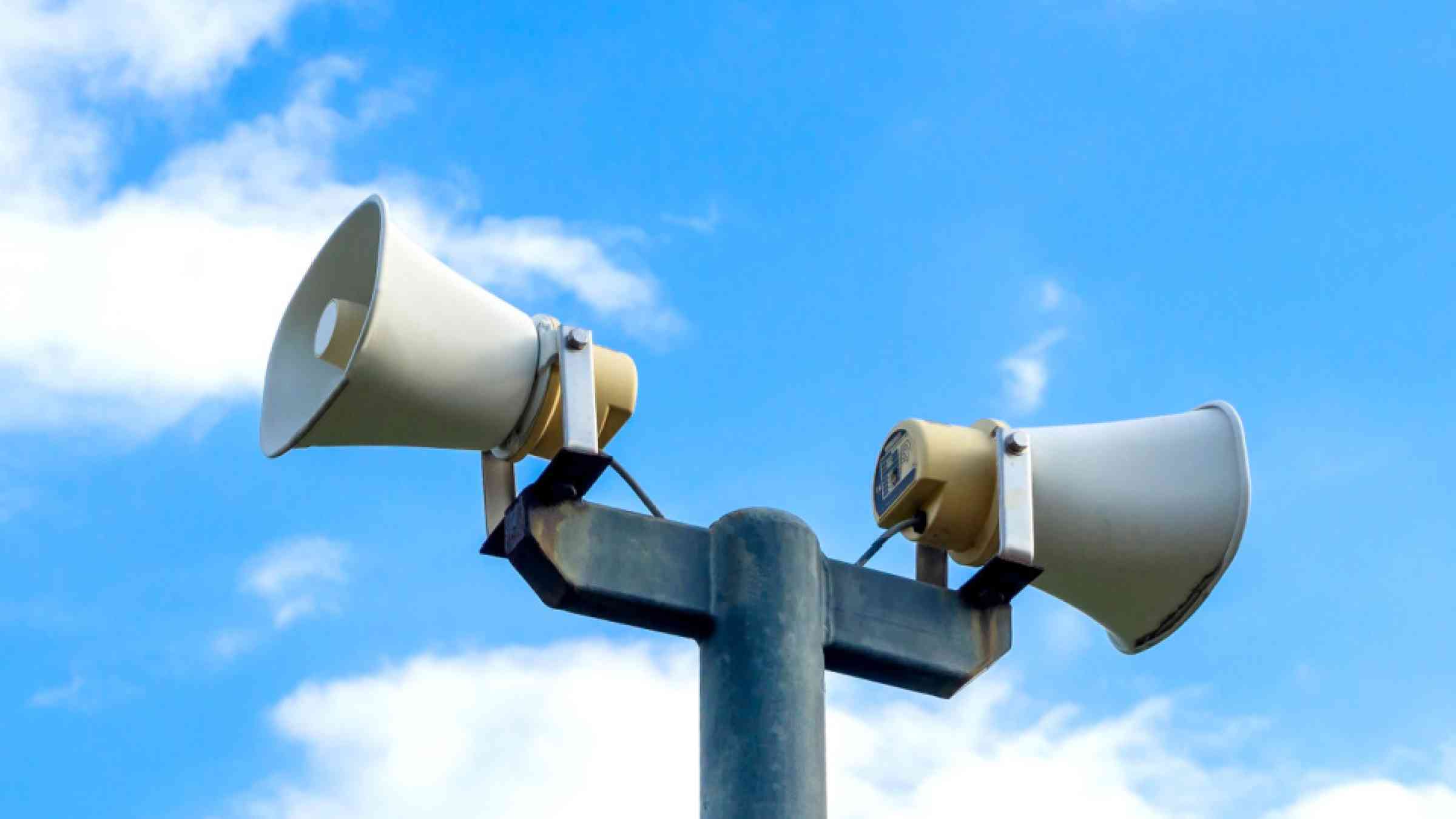
Multilateral Development Banks (MDB’s) are coalescing around the Secretary-General’s US$3.1B initiative to ensure that everyone on Earth is protected by life-saving early warning systems in the face of increasingly more extreme and dangerous weather. At a cost of just 50 cents per person, this is a feasible and achievable sum to protect everyone in the face of escalating climate risks
The announcement at the United Nations Secretary-General's Climate Ambition Summit comes as catastrophic flooding in Libya magnifies the need for end-to-end early warning systems and coordinated disaster risk and response policies.
“We, the Multilateral Development Banks, welcome the United Nations Secretary-General’s Early Warnings for All (EW4All) initiative, which aims to ensure that early warning systems protect everyone by 2027,” said the joint declaration.
“We recognize that with climate change rapidly leading to more frequent extreme weather events, this initiative will protect lives, livelihoods, and the environment, helping countries and people adapt to the changing climate,” it said.
“Building on our long history of investing in and supporting countries to modernize early warning systems, often in partnership with the EW4All lead agencies, we further commit to work together in support of the EW4All initiative in order to enhance coordination, improve efficiency and scale up action to achieve this shared ambition, in line with countries’ development plans and requests,” said the statement.
It was endorsed by the World Bank, Inter-American Development Bank, Asian Development Bank, African Development Bank, Islamic Development Bank, Caribbean Development Bank, European Investment Bank, the Council of Europe Development Bank and European Bank for Reconstruction and Development.
Achieving Early Warnings for All requires targeted investments of US$3.1 billion over the next four years – around 50 cents for each person to be covered. This is a feasible and achievable sum to protect everyone in the face of rapidly rising climate risks.
Half of all countries globally do not have multi-hazard early warning systems – especially least developed and fragile countries which need it most.
Multilateral development Banks have a crucial role to play in injecting much-needed funding to implement the initiative worldwide. They have a long history in supporting early warning systems and are expected play a key role as investors, implementers and financiers to achieve the ambitious goal. This includes enhancing coordination, improving efficiency and scaling up action in line with countries’ development plans and requests.
Momentum is building around the initiative. The UN Development Programme (UNDP) today launched a multi-country project to scale up early warning systems. Initial funding from the Green Climate Fund (GCF) will be used to kick-start a project preparation facility, which aims to deliver US$157 million from the GCF and partner governments to advance towards universal early warning coverage.
Background to the initiative
The Early Warnings For All Initiative (EW4All) was formally launched by the UN Secretary-General in November 2022 at the COP27 meeting in Sharm El-Sheikh.
The Initiative calls for the whole world to be covered by an early warning system by the end of 2027.
Early Warnings for All is co-led by WMO and UNDRR and supported by pillar leads ITU and IFRC. Implementing partners include FAO, OCHA, UNDP, UNEP, UNESCO, REAP, and WFP, among other partners.